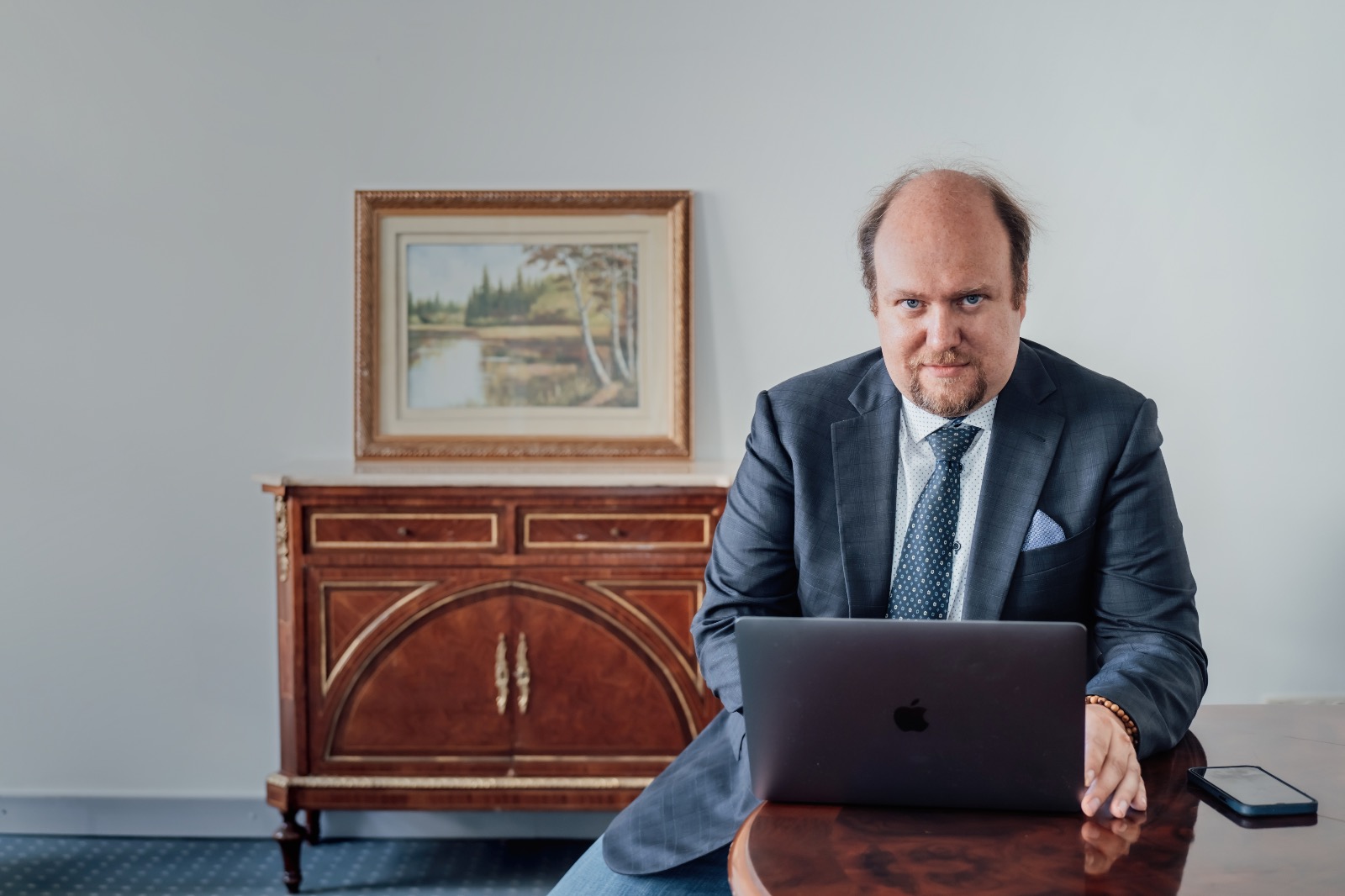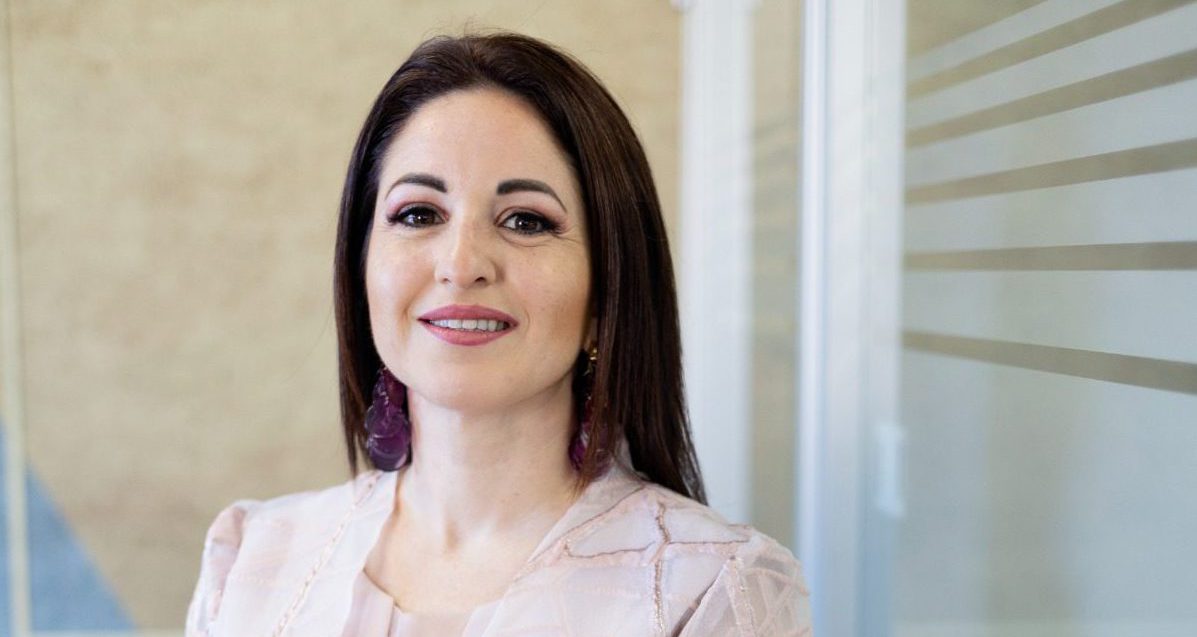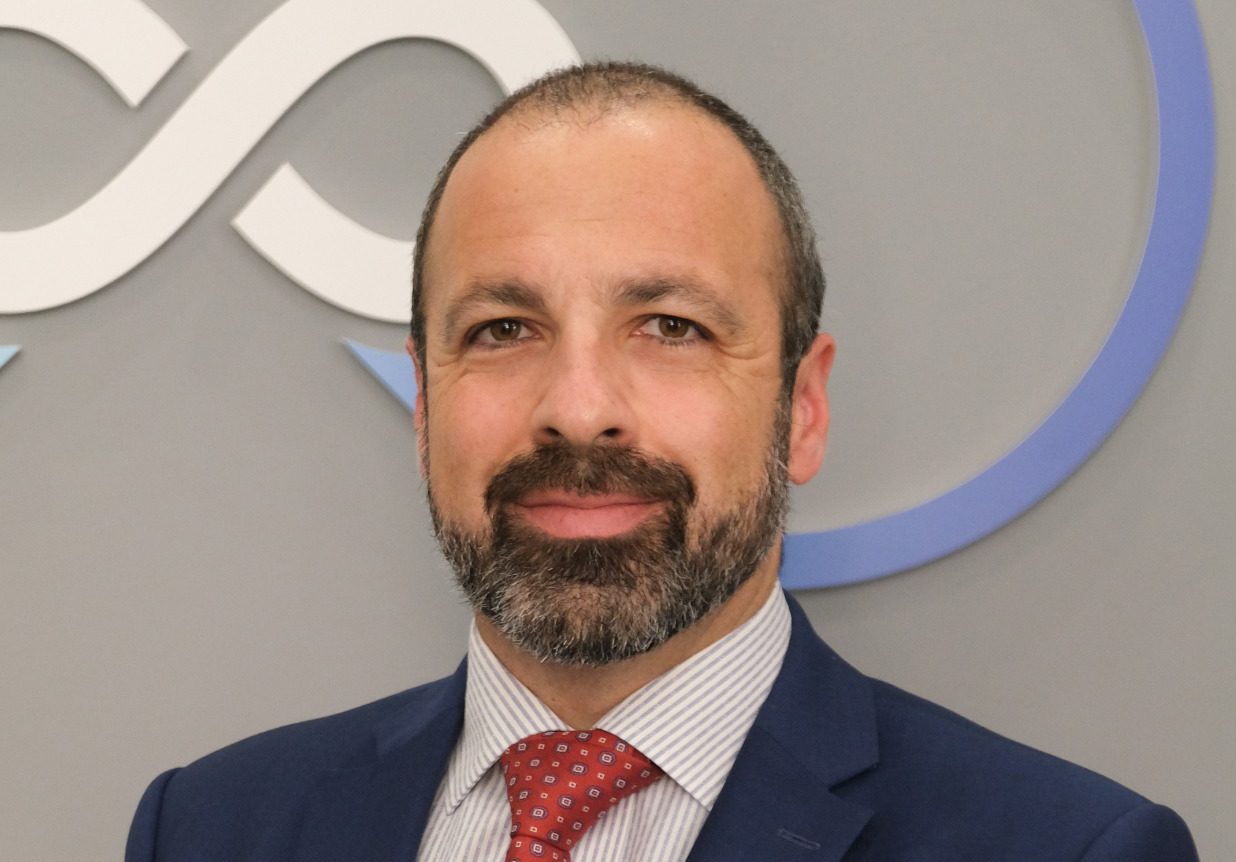A lot of talk of industry 4.0 has been flying across all fora lately, and to truly appreciate the quantum leaps available ahead of us, it wouldn’t be ill-advised to understand where the economy has been in the past few decades. That is how Olegs Cernisevs, Chief Tech Officer at Papaya Ltd – the financial institution behind Blackcatcard is keen to explain how his company is gearing up to be a leader in the new economy.
“With the advent of digitalisation, we surely improved our productivity exponentially. We translated manual tasks into electronically assisted ones, as we relied on machines to do them better, more precisely and faster. With industry 4.0, it will be different,” Olegs explains.
“So far, we essentially continued carrying out the same tasks and added more similar ones. Industry 4.0 will offer us the ground-breaking opportunity to break the moulds that have confined us so far, and really think outside of the box.”
“We are already seeing it happening in action with food courier companies or taxi services, for example. Essentially these are tech companies that bring a variety of disciplines together such as payment platforms, operations and others. These possibilities are offering exciting new opportunities to venture way beyond,” Olegs notes as he expounds about the possibilities of even deeper collaborations.
“It is perfectly possible to use existing digital platforms to create what was seemingly impossible to achieve up till a few years ago. To provide an example, I can start the production of a luxurious car company from my home without having any knowledge of engineering or experience in the motoring industry. That’s because through industry 4.0 infrastructure, I can create meaningful synergies with companies that are experts in their fields, such as the automotive industry, and build collaborative models. We are seeing this happening and it is certainly the direction we want to take our company in.”
Borders and barriers will continue to crumble as previously unimagined collaborations will become possible. “Customers are increasingly demanding of better and instant services, and industry is only too happy to cater for such openings in the market. We are looking at a future, whereby through one platform one could make use of multiple services or purchasing products. So far, we have seen financial institutions working closely with the gaming industry. In the future, we will see financial institutions like ours collaborating with new industries, such as insurances, for whom an entire new world of possibilities will open up.”
Oleg explains how it will be perfectly possible for an insurance company which would be based in Malta, for instance, to operate across borders selling its products in other EU countries, and beyond.
“The possibilities are endless and open to any industry player that is daring enough to venture beyond the norms we have known so far. We know the business of payments and money transfers which is possibly the most important factor in the customer-journey. We look forward to integrating our payment solutions into potential collaborating partnerships, in new industries and services, to help them grow.”
The examples of possibilities are never ending, and Oleg is already leveraging his company’s position for the future. “Currently being in Malta is immensely advantageous, as it is becoming a melting pot for cross-industry synergies. Moreover, Maltese legislation makes it the more unproblematic to know what is required of players. Compared to other jurisdictions, where the law does not go into certain details, in Malta companies know exactly what they are meant to do, which provides them with unparalleled peace of mind.”
Asked if he thinks that the current state of affairs is the result of the recent grey-listing episode, Olegs is not convinced that it was the case. “I do understand that a great deal of changes did take place in Malta as a result of the FATF judgment in 2021, but Malta’s position is much stronger than that. It is evident that the robust legislation that exists has been created over decades, and has been fine-tuned and perfected over the years, according to necessities. Small is beautiful, and that allows the country to be quick on its feet and pivot fast. That is possibly one of the most significant advantages Malta holds in this industry,” Olegs concludes.
Uniplural Group: ‘Our brand transformation fortifies our position as a one-stop-shop within the community’
The newly rebranded Uniplural Group provides a diversity of care services strategically united to embrace emerging growth prospects
Print&Merchandise embracing sustainable merchandising solutions
Janice Calleja, manager at Print&Merchandise, highlights the company's high-quality, bespoke services, alongside its evolution towards eco-friendly solutions
‘Regulating what is happening today is only part of what we do at the Malta Communications Authority’
Inġ Antoine Sciberras explains how the regulatory authority strikes a balance between healthy competition, and facilitating new tech investment





